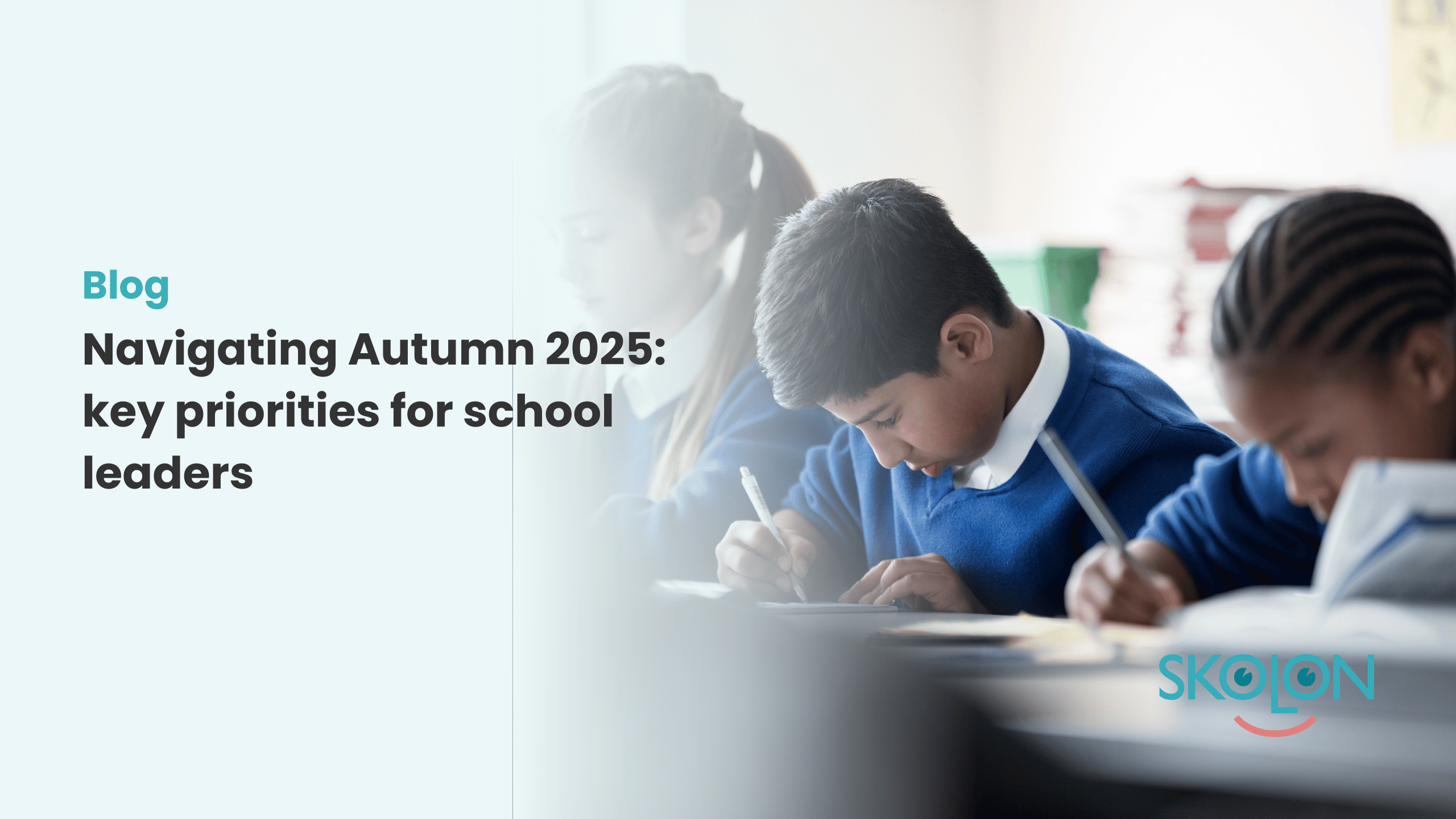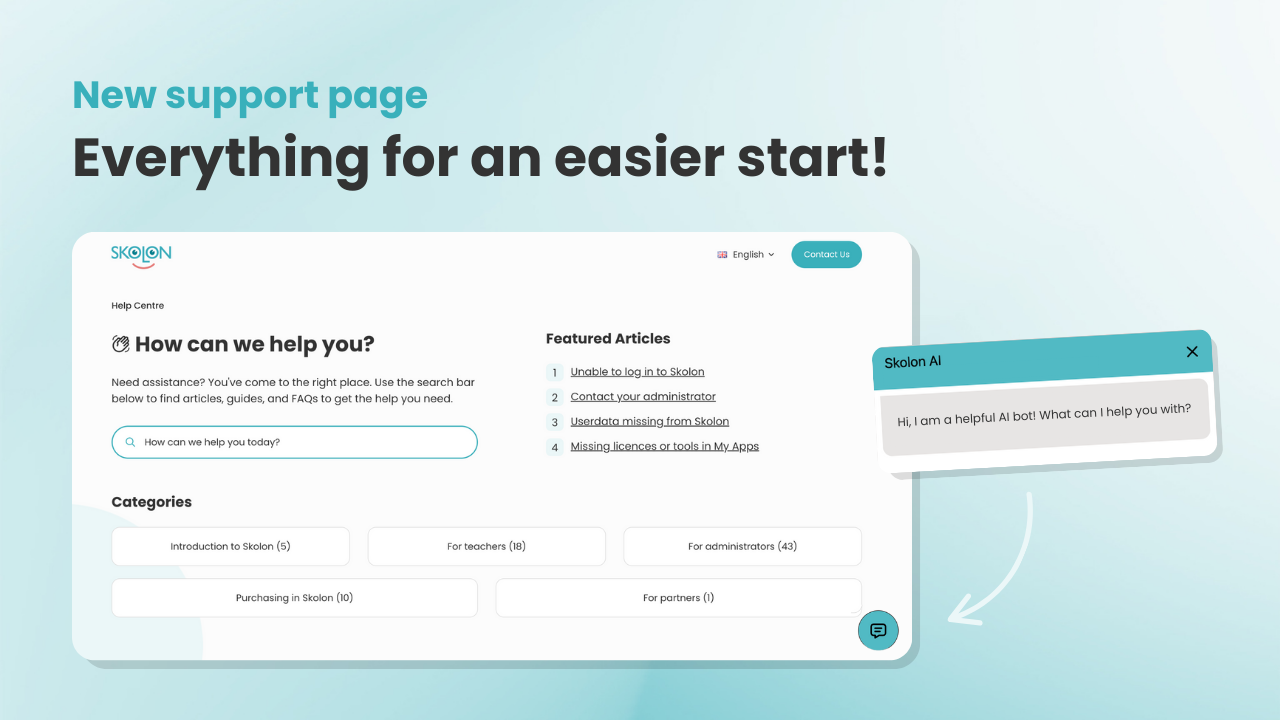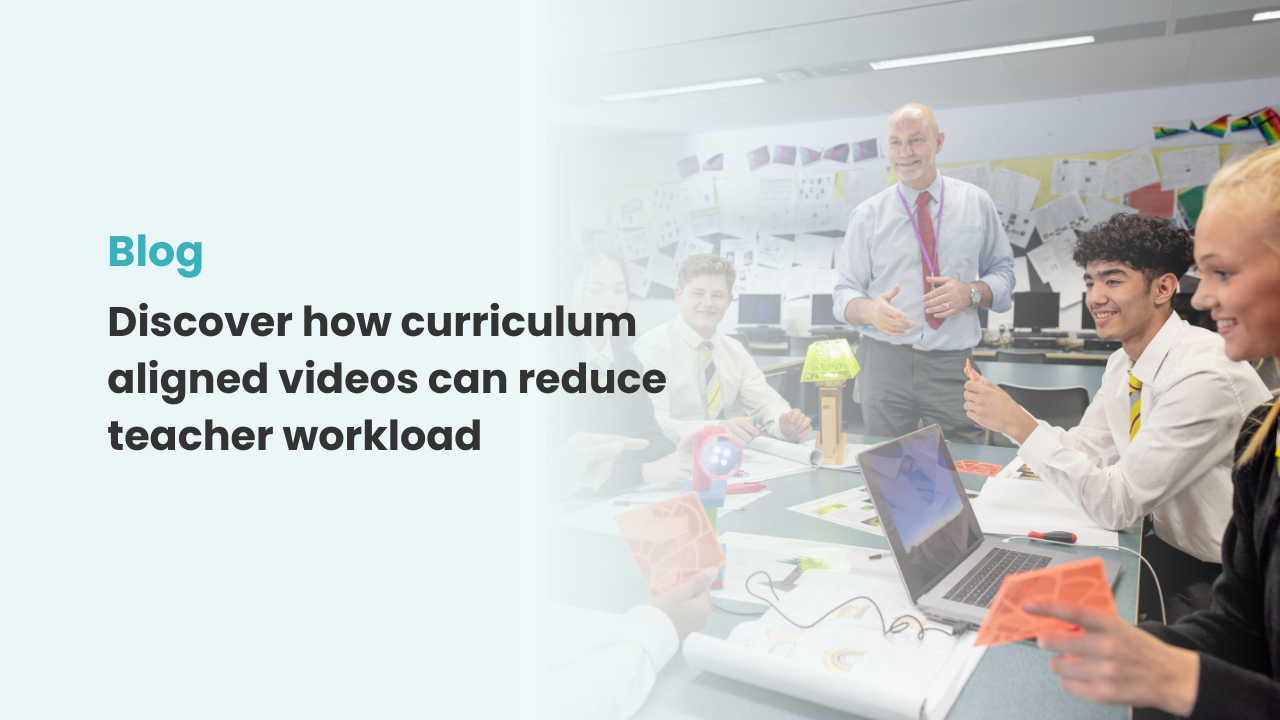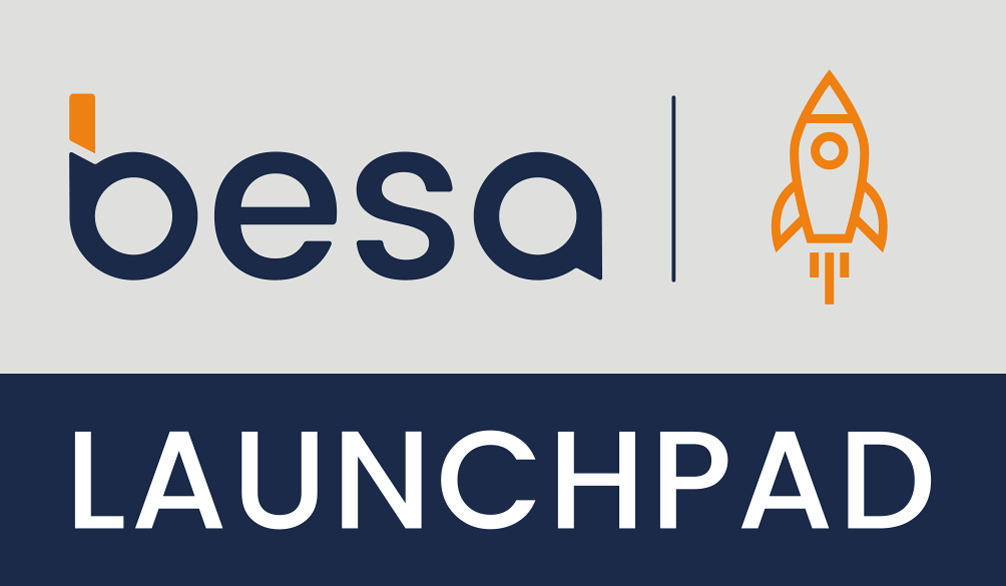Navigating Autumn 2025: key priorities for school leaders


With classrooms and hallways empty, school bells are ringing for no one—and to help schools prepare for what’s ahead, leaders across the nation are gearing up for a new academic year.
Based on the 24/25 academic year, it almost goes without saying that autumn 2025 presents a unique set of opportunities and challenges, demanding thoughtful strategies and a proactive, forward-thinking approach. From nurturing student well-being to embracing technological advancements, here are the key priorities that will shape the success of schools in the coming months.
Student wellbeing: A foundation for learning
Student wellbeing is a contentious topic among the older students in cohorts yet greater consideration must be accounted for when it comes to the younger students – namely those within EYFS – KS4. With coverage of recent global events and an increasingly complex world becoming unavoidable because of the chronically online nature of society, addressing student wellbeing is more critical than ever.
Research consistently shows a direct link between positive wellbeing and effective engagement in learning. Challenges such as rising instances of anxiety, stress, and emotionally-based school avoidance (EBSA) underscore the need for comprehensive support systems. The government’s continued focus on mental health leads in schools, and the Children’s Wellbeing and Schools Bill (introduced in December 2024), highlight this national commitment.
Actionable insight:
It’s been widely reported that many schools are adopting a “whole-school approach” to mental health, integrating wellbeing into the curriculum, providing dedicated support staff, and fostering a culture of openness.
Examples include regular “wellness check-ins,” peer support programmes, and partnerships with external mental health services. Proactive measures, such as creating calm learning spaces and embedding self-care strategies into daily routines, are proving highly effective.
Curriculum adaptation: Responsive and relevant education
Since the pandemic, children starting school are lacking communication skills, and those leaving schools are lacking the soft skills essential to their life outside of school. As such, autumn 2025 will see an emphasis on a broad, rich, and innovative curriculum that equips children with essential knowledge and skills for both work and life. The independent, expert-led curriculum and assessment review, alongside the ongoing focus on narrowing attainment gaps, drive this imperative.
Actionable insight:
Schools and MATs across the country are adapting their curriculum to be more flexible, personalised, and responsive to individual student needs, particularly for those with Special Educational Needs and Disabilities (SEND).
This includes offering varied learning pathways, incorporating real-world contexts, and leveraging diverse resources. Many are exploring project-based learning and greater student involvement in shaping their learning journeys, fostering deeper engagement and critical thinking.
Technology integration: Smart tools for enhanced learning
Technology continues to reshape the classroom, offering incredible opportunities for personalised learning, efficiency, and engagement. Autumn 2025 will see further advancements in the responsible and effective integration of technology, particularly with regards to AI, into teaching and learning. The government’s consultation on “Narrowing the Digital Divide in Schools and Colleges” and investment in digital infrastructure underscore this commitment.
Actionable insight:
As schools move beyond basic digital literacy, they are strategically integrating technology into all aspects of school life — including the use of AI tools to assist with lesson planning, resource creation, and personalised feedback — thereby freeing up teachers to focus more on direct instruction and meaningful student interaction. Robust cybersecurity measures and clear policies on responsible AI use by both staff and students are also key. With Skolon, users have access to our secure, intuitive platform that streamlines administrative tasks, enhances collaboration and learning whilst ensuring that it’s a safe and productive digital environment for all.
Attendance & engagement: Reconnecting every child with learning
Whilst the pandemic now fading into the memory of most, improving school attendance still remains a critical priority nationally. The Department for Education (DfE) has highlighted attendance as a strategic issue, recognising its profound impact on academic success, wellbeing, and future life chances. Addressing persistent and severe absence requires a multi-faceted approach that goes beyond mere enforcement.
Actionable insight:
Schools are implementing proactive strategies to understand and address the root causes of absence, including mental health, poverty, and SEND needs. Building strong relationships with families, tailoring interventions, and creating a positive school culture that values consistent attendance are proving effective. Many schools are leveraging data analytics to identify patterns and target support where it’s most needed.
In this context, Skolon’s data visualisation tool offers valuable insights into how digital learning tools are being used across the school — from individual classrooms to entire trusts. By automatically generating detailed reports on tool usage across all providers in one place, schools can better understand which resources students are engaging with most, how they’re used across subject areas, and where there may be gaps in digital engagement.
These insights can highlight areas where further support or training may be needed — whether for specific cohorts, subjects, or tools — and inform targeted interventions. Combined with clear, user-friendly visualisations, it becomes easy to monitor usage trends over time, opening up new opportunities to strengthen digital strategy, personalise learning, and ultimately support student outcomes — including attendance, engagement, and progress.
But…
“We don’t have time to facilitate all of these takeaways in our school”
Actually, with Skolon, you can save time by automating routine admin tasks, simplifying access to digital tools, and gaining instant insights into usage — all in one platform. This means less time spent managing resources and more time focusing on what matters most: teaching and supporting your students.
Autumn 2025 promises to be a period of significant progress and adaptation for UK schools. By focusing on these key priorities, school leaders can cultivate environments where students thrive, staff are empowered, and innovation flourishes.
For a deeper dive into these priorities and to explore how our comprehensive solutions can support your school’s journey this academic year, please contact our team for a personalised discussion using the button below.
This is Skolon – we gather the best digital educational tools and make them work in the classroom.
Skolon is an independent platform for digital educational tools and learning resources, created for both teachers and students. With Skolon, accessing and using your digital educational tools is easy – security increases, administration decreases, and there’s more time for learning.
The digital educational tools come from both small and large providers, all of whom have one thing in common – they create digital educational tools that are beneficial for the school environment.
Information
Share this story
Subscribe
Would you like our newest articles delivered to your inbox? Sign up now!
With classrooms and hallways empty, school bells are ringing for no one—and to help schools prepare for what’s ahead, leaders across the nation are gearing up for a new academic year.
Based on the 24/25 academic year, it almost goes without saying that autumn 2025 presents a unique set of opportunities and challenges, demanding thoughtful strategies and a proactive, forward-thinking approach. From nurturing student well-being to embracing technological advancements, here are the key priorities that will shape the success of schools in the coming months.
Student wellbeing: A foundation for learning
Student wellbeing is a contentious topic among the older students in cohorts yet greater consideration must be accounted for when it comes to the younger students – namely those within EYFS – KS4. With coverage of recent global events and an increasingly complex world becoming unavoidable because of the chronically online nature of society, addressing student wellbeing is more critical than ever.
Research consistently shows a direct link between positive wellbeing and effective engagement in learning. Challenges such as rising instances of anxiety, stress, and emotionally-based school avoidance (EBSA) underscore the need for comprehensive support systems. The government’s continued focus on mental health leads in schools, and the Children’s Wellbeing and Schools Bill (introduced in December 2024), highlight this national commitment.
Actionable insight:
It’s been widely reported that many schools are adopting a “whole-school approach” to mental health, integrating wellbeing into the curriculum, providing dedicated support staff, and fostering a culture of openness.
Examples include regular “wellness check-ins,” peer support programmes, and partnerships with external mental health services. Proactive measures, such as creating calm learning spaces and embedding self-care strategies into daily routines, are proving highly effective.
Curriculum adaptation: Responsive and relevant education
Since the pandemic, children starting school are lacking communication skills, and those leaving schools are lacking the soft skills essential to their life outside of school. As such, autumn 2025 will see an emphasis on a broad, rich, and innovative curriculum that equips children with essential knowledge and skills for both work and life. The independent, expert-led curriculum and assessment review, alongside the ongoing focus on narrowing attainment gaps, drive this imperative.
Actionable insight:
Schools and MATs across the country are adapting their curriculum to be more flexible, personalised, and responsive to individual student needs, particularly for those with Special Educational Needs and Disabilities (SEND).
This includes offering varied learning pathways, incorporating real-world contexts, and leveraging diverse resources. Many are exploring project-based learning and greater student involvement in shaping their learning journeys, fostering deeper engagement and critical thinking.
Technology integration: Smart tools for enhanced learning
Technology continues to reshape the classroom, offering incredible opportunities for personalised learning, efficiency, and engagement. Autumn 2025 will see further advancements in the responsible and effective integration of technology, particularly with regards to AI, into teaching and learning. The government’s consultation on “Narrowing the Digital Divide in Schools and Colleges” and investment in digital infrastructure underscore this commitment.
Actionable insight:
As schools move beyond basic digital literacy, they are strategically integrating technology into all aspects of school life — including the use of AI tools to assist with lesson planning, resource creation, and personalised feedback — thereby freeing up teachers to focus more on direct instruction and meaningful student interaction. Robust cybersecurity measures and clear policies on responsible AI use by both staff and students are also key. With Skolon, users have access to our secure, intuitive platform that streamlines administrative tasks, enhances collaboration and learning whilst ensuring that it’s a safe and productive digital environment for all.
Attendance & engagement: Reconnecting every child with learning
Whilst the pandemic now fading into the memory of most, improving school attendance still remains a critical priority nationally. The Department for Education (DfE) has highlighted attendance as a strategic issue, recognising its profound impact on academic success, wellbeing, and future life chances. Addressing persistent and severe absence requires a multi-faceted approach that goes beyond mere enforcement.
Actionable insight:
Schools are implementing proactive strategies to understand and address the root causes of absence, including mental health, poverty, and SEND needs. Building strong relationships with families, tailoring interventions, and creating a positive school culture that values consistent attendance are proving effective. Many schools are leveraging data analytics to identify patterns and target support where it’s most needed.
In this context, Skolon’s data visualisation tool offers valuable insights into how digital learning tools are being used across the school — from individual classrooms to entire trusts. By automatically generating detailed reports on tool usage across all providers in one place, schools can better understand which resources students are engaging with most, how they’re used across subject areas, and where there may be gaps in digital engagement.
These insights can highlight areas where further support or training may be needed — whether for specific cohorts, subjects, or tools — and inform targeted interventions. Combined with clear, user-friendly visualisations, it becomes easy to monitor usage trends over time, opening up new opportunities to strengthen digital strategy, personalise learning, and ultimately support student outcomes — including attendance, engagement, and progress.
But…
“We don’t have time to facilitate all of these takeaways in our school”
Actually, with Skolon, you can save time by automating routine admin tasks, simplifying access to digital tools, and gaining instant insights into usage — all in one platform. This means less time spent managing resources and more time focusing on what matters most: teaching and supporting your students.
Autumn 2025 promises to be a period of significant progress and adaptation for UK schools. By focusing on these key priorities, school leaders can cultivate environments where students thrive, staff are empowered, and innovation flourishes.
For a deeper dive into these priorities and to explore how our comprehensive solutions can support your school’s journey this academic year, please contact our team for a personalised discussion using the button below.
This is Skolon – we gather the best digital educational tools and make them work in the classroom.
Skolon is an independent platform for digital educational tools and learning resources, created for both teachers and students. With Skolon, accessing and using your digital educational tools is easy – security increases, administration decreases, and there’s more time for learning.
The digital educational tools come from both small and large providers, all of whom have one thing in common – they create digital educational tools that are beneficial for the school environment.
Share this story
Subscribe
Would you like our newest articles delivered to your inbox? Sign up now!




